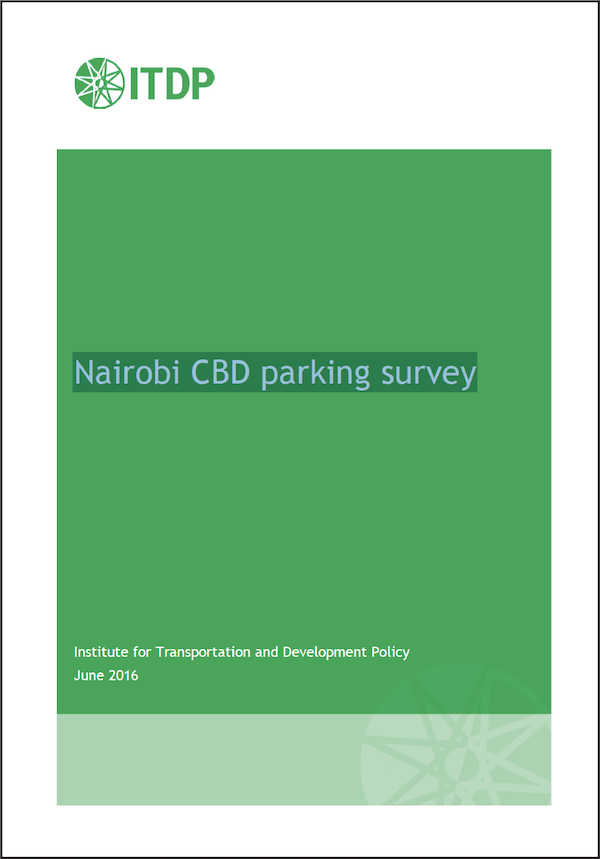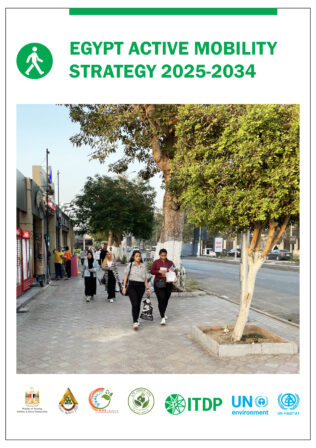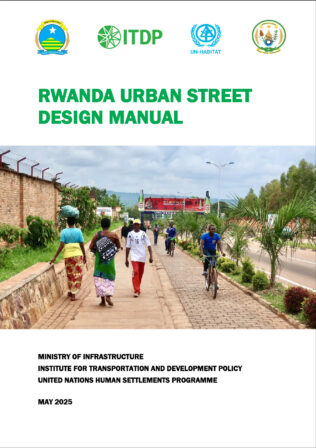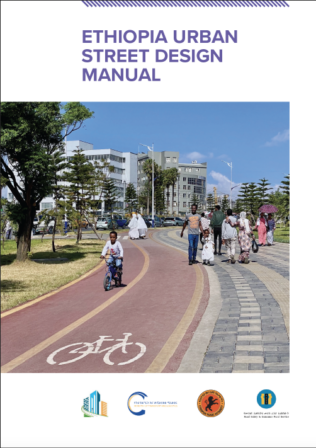Nairobi CBD parking survey
Parking has a profound effect on the urban land use and transport system, affecting traffic patterns, pedestrian access, and urban form. While cities traditionally focused on parking as a supply issue, attempting to provide more parking to accommodate “predicted” demand, smart cities now recognise that parking is an important lever to manage the use of personal motor vehicles. More and more governments are introducing performance-based pricing for onstreet parking, introducing moratoriums on government-subsidised parking, and setting maximum parking standards in new private developments. The goal of these management techniques is to control the supply of parking, especially in areas with good access to public transport, thereby encouraging a shift toward the use of public transport, walking, and cycling.
The Kenyan government is focused on the implementation of a mass rapid transit system for the city of Nairobi, including a multi-corridor bus rapid transit (BRT) network. Several BRT corridors converge on the Nairobi central business district (CBD), and it is essential that the infrastructure there have the capacity to accommodate high bus frequencies and heavy passenger volumes. The CBD sees many competing demands on road space, including the movement of public transport and personal motor vehicles, public transport staging, personal motor vehicle parking, pedestrian movement, and vending. The successful integration of future BRT corridors in the CBD environment will depend on the appropriate allocation of road space among these various uses. To help inform the design of the CBD corridors, the Institute for Transportation and Development Policy (ITDP) conducted a parking survey to quantify the demand and supply for parking. These data provide a picture of the distribution of parking across the CBD and will help authorities design strategies to manage parking as part of a larger restructuring of public transport services and public space in the CBD.




